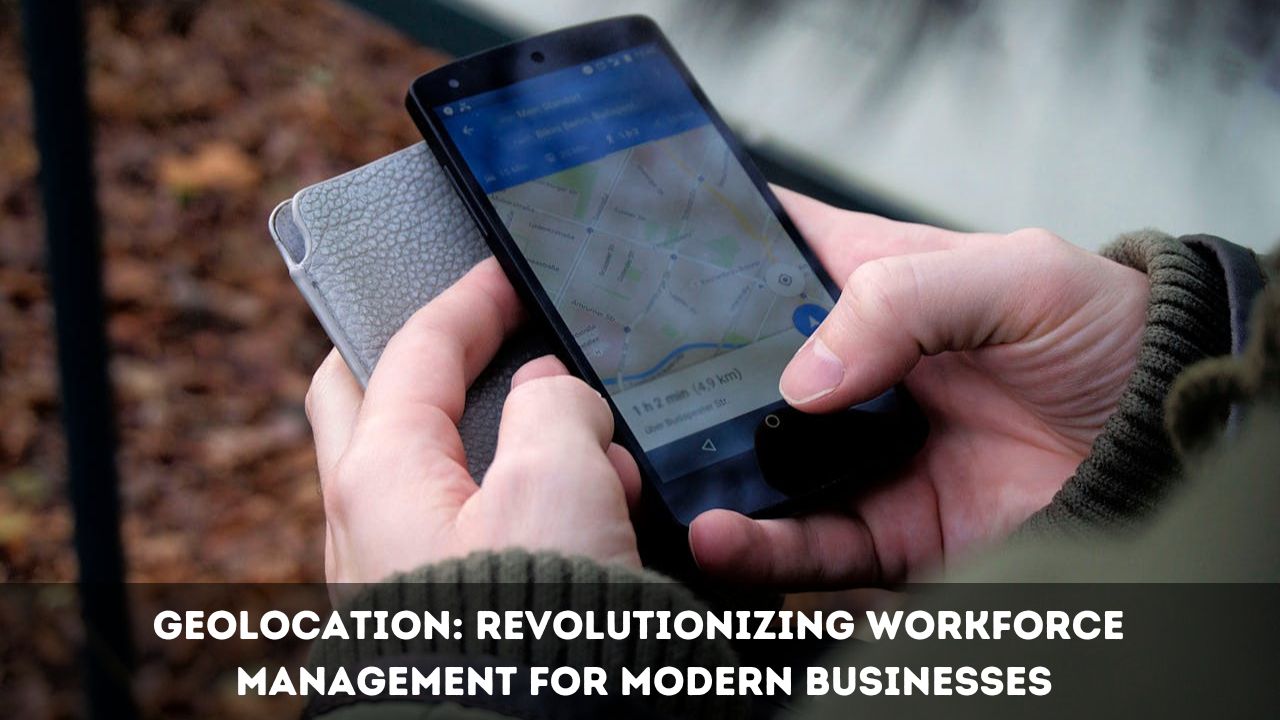Introduction to Geolocation in Workforce Management
In today’s rapidly evolving business landscape, effective workforce management is crucial for staying ahead of the competition. To overcome unique challenges and optimize productivity, companies are turning to advanced solutions like geolocation. This innovative technology is at the forefront of a revolution, offering precise and controlled timekeeping and scheduling.
Enhancing Accountability and Efficiency with Geolocation
One of the key benefits of geolocation is its ability to ensure precise staff clocking. By utilizing mobile technology, geolocation-enabled clocking confirms employee locations, providing absolute assurance of their attendance at designated shifts. This not only improves accountability but also streamlines payroll processes by eliminating discrepancies.
Geofencing: Automating Timekeeping and Ensuring Integrity
Geofencing is another vital element in workforce management that geolocation enables. By creating virtual perimeters, it automates timekeeping records as employees enter or leave the site. This innovative approach eliminates discrepancies and reinforces staff integrity, ensuring accurate reporting and preventing fraudulent practices like “buddy punching.”
Establishing a Culture of Transparency and Security
Staff Geolocation goes beyond tracking; it ensures verification and security. By preventing inaccurate time reporting and fraudulent practices, it establishes a transparent and trustworthy work environment. This level of transparency fosters a culture of integrity and accountability among employees.
Real-Time Monitoring for Remote and Field Teams
Real-time staff monitoring is made possible with geolocation, allowing managers to keep track of workforce locations in real time. This capability is invaluable for managing remote teams and deploying resources where they’re most needed, especially in field service industries. By having access to real-time location data, managers can make informed decisions, improving operational efficiency and customer service.
Smarter Scheduling and Dynamic Rostering
Furthermore, geolocation enables smarter scheduling by integrating real-time locations with business needs. Dynamic rostering becomes achievable, allowing assignments to respond promptly to changing circumstances. This flexibility is crucial for businesses that experience fluctuating demand or unexpected customer influxes.
Optimizing Operations and Service Efficiency
For logistic or service-focused sectors, geolocation minimizes transit times by assigning tasks to the nearest available staff member. By streamlining operations and enhancing overall service efficiency, businesses can improve customer satisfaction and loyalty.
Ensuring Compliance and Promoting Safety
Beyond operational enhancements, geolocation also ensures staff welfare and compliance with legal regulations. It is indispensable for risk-prone sectors, reinforcing safety standards and adherence to working hours. By promoting a safe and compliant work environment, businesses can mitigate risks and protect their employees.
Balancing Benefits with Privacy Considerations
While geolocation offers numerous advantages like accuracy, efficiency, compliance, and safety, privacy considerations must be carefully addressed through clear policies and communication. Balancing the benefits of geolocation with privacy concerns is essential for maintaining employee trust and compliance with data protection regulations.
Future Innovations and Opportunities in Workforce Management
Looking ahead, the future of workforce management holds great promise as geolocation technology continues to advance. Its integration with predictive analytics, IoT advancements for increased accuracy, and augmented reality for interactive tasking offer limitless potential for even greater innovations and benefits across various sectors. As technology evolves, businesses can expect to unlock new opportunities for efficiency, productivity, and employee satisfaction.
In summary, Staff Geolocation is a powerful tool for sophisticated workforce management solutions that deliver efficiency and accountability. By leveraging the capabilities of geolocation, businesses can optimize their operations, improve staff productivity, and stay ahead of the competition. As technology continues to evolve, the potential for even greater innovations and benefits in workforce management is vast. Embracing geolocation today sets the stage for a future of enhanced productivity and success.
